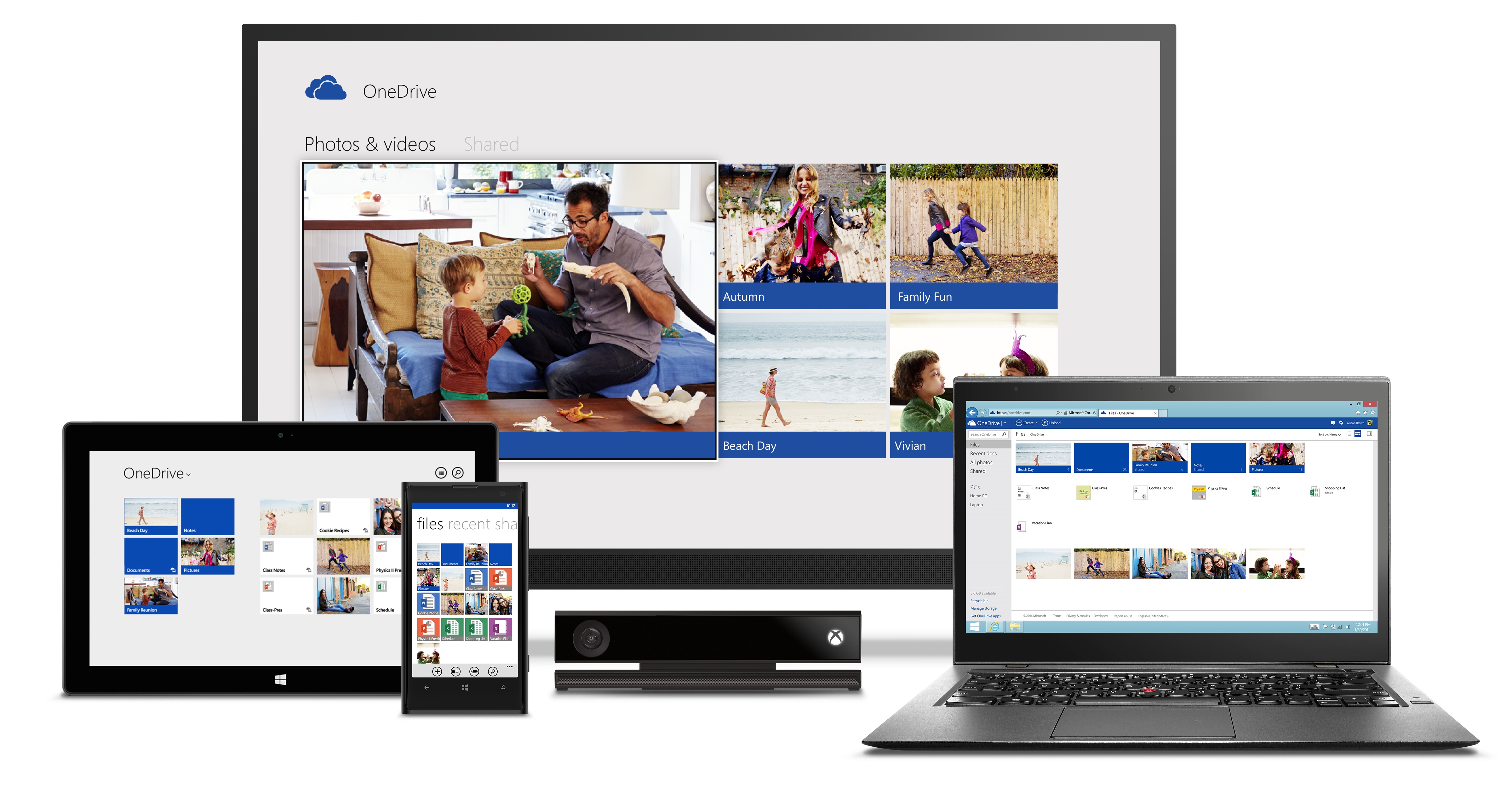A few weeks ago, Satya Nadella called Office 365 the most strategic API for Microsoft. This was echoed by Bill Gates, who in an interview said that getting Office to the next level is a major strategic imperative. They weren’t kidding.
Microsoft made two game changing announcements recently for Office 365:
- Office 365 as a platform for third party developers
- Unlimited OneDrive storage with every Office 365 subscription
Opening up Office 365 can only add value to consumers and simultaneously keep Microsoft relevant with developers. This is an urgent priority in a mobile world where Windows is a minority; Office 365 on the other hand cuts across all operating systems and devices.
Unlimited OneDrive storage makes Office 365 more attractive than ever; it addresses the competition in both cloud storage and free office programs.
For Microsoft, keeping Office a productivity standard is the next best thing to a Windows monopoly.

Opening up Office 365 for third party development is a game changer. Microsoft is opening up the Office 365 API, along with SDKs for iPhone, Android and Visual Studio. There will also be an Office 365 app store and app launcher. In the company’s own words:
We’re enhancing the opportunity for developers with Office 365, with new APIs for mail, files, calendar and contacts. These new robust REST-based APIs empower all developers to leverage the more than 400 petabytes of data (as of March 2014) and popular services across Office 365 in any application. From a travel reservation app that connects to Office 365 calendars and contacts, to a sales automation app that fully integrates with Office 365 mail and files—the possibilities with Office 365 are endless.
With the advent of mobile, and Windows’ declining influence as a result, Microsoft is building up Office 365 as its next great platform — one that works across operating systems and even devices (smartphones, tablets and PCs). Office can be the fabric that binds productivity apps and services together.

The upside is obvious. If successful, it will ensure Microsoft’s relevance in the next technological era, one where Android is the most popular operating system and iOS has influence. It can be Microsoft’s moat to protect its territory in enterprise and a foothold to gradually make up ground on consumer services.
Customers are happy because tighter integration among tools usually means a better experience.
It’s Microsoft’s best move in the face of dwindling support from developers, and really something Microsoft should have done much earlier.

Unlimited OneDrive storage for Office 365 subscribers only strengthens that strategic imperative. The benefits are obvious:
- Dropbox Pro is $100 per year and only offers 1 TB of storage
- Google Drive is even less competitive at $120 per year for 1 TB of storage
- Box.net offers unlimited storage but charges $204 per year for the privilege
With the personal Office 365 plan, you can get Office and unlimited cloud storage for only $70 per year! This represents tremendous value. The people who must have Office can save money by dropping their existing cloud storage subscription. The people who want lots of cloud storage can get more for less with Office 365, and full Office in the process.
This is an aggressive move by Microsoft, designed to beat both its cloud storage competitors and attack free office suites like Google Docs, iWorks and OpenOffice.
I use Dropbox and OneDrive side-by-side, and while Dropbox is still better, Microsoft has improved OneDrive enough that the differences are marginal. Certainly not enough to overcome unlimited storage and free Office.